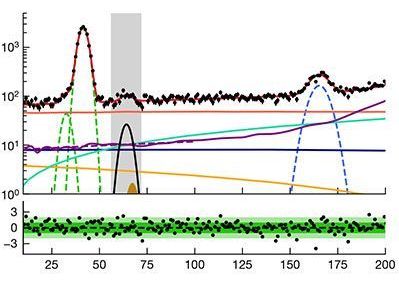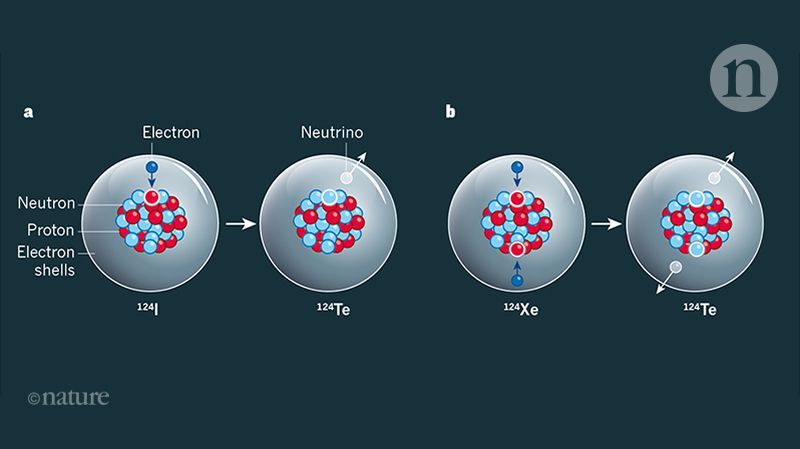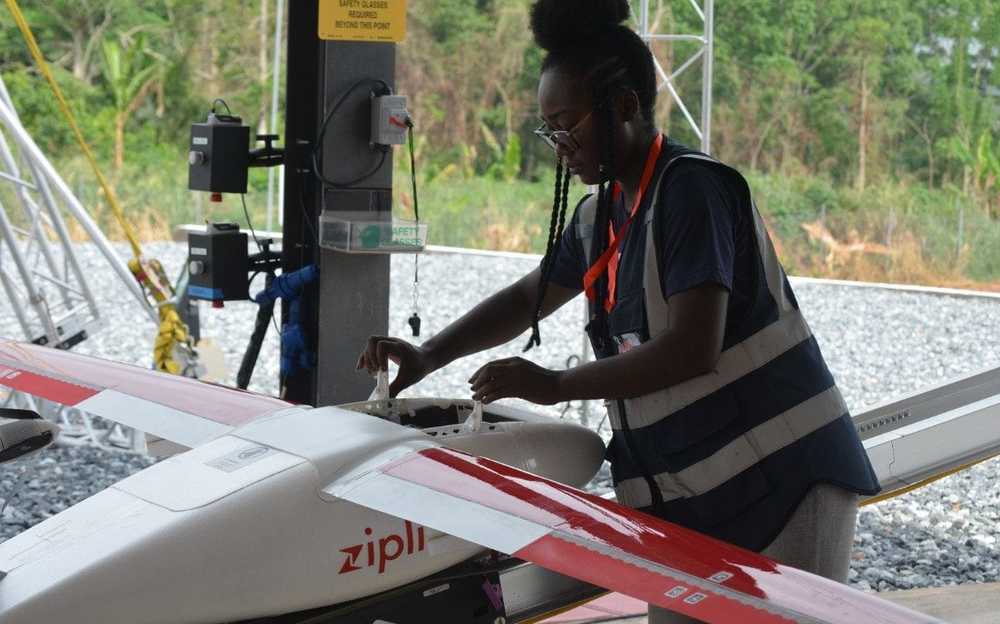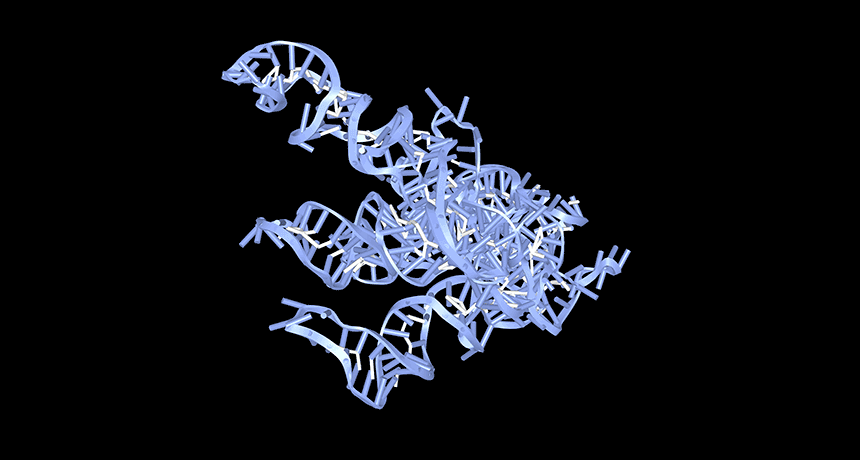Page 8848
Apr 26, 2019
NASA’s Hubble Didn’t Detect Exomoon After All, Say Astronomers
Posted by Bruce Dorminey in category: space
The much heralded 2018 detection of a Neptune-sized moon circling exoplanet Kepler 1625b now seems very much in doubt.
Apr 26, 2019
China Says It’ll Have a Moon Base in Ten Years
Posted by Genevieve Klien in category: space
Apr 26, 2019
Northrop Grumman highlights benefits of Orbital ATK acquisition
Posted by Genevieve Klien in categories: business, innovation
WASHINGTON — Nearly a year after Northrop Grumman’s acquisition of Orbital ATK closed, company executives say they’re getting the benefits they expected from the deal in terms of cost savings and new business.
In a quarterly earnings report issued April 24, Northrop reported total sales of $8.19 billion and net earnings of $863 million for the first quarter of 2019. The company had total sales of $6.74 billion and net earnings of $840 million for the same quarter of 2018.
The increase in sales was due almost entirely to the addition of the Innovation Systems business unit, the former Orbital ATK. That unit generated $1.44 billion in sales for the quarter. In the first quarter of 2018, the last full quarter Orbital ATK was still an independent company, it reported sales of $1.31 billion.
Continue reading “Northrop Grumman highlights benefits of Orbital ATK acquisition” »
Apr 26, 2019
Dark-matter detector observes exotic nuclear decay
Posted by Derick Lee in categories: cosmology, particle physics
From the point of view of nuclear theory, the decay rates of both two-neutrino and neutrinoless double electron capture can be connected to quantities called nuclear matrix elements. Such quantities contain information about nuclear structure that is extracted from nuclear models and can be applied by researchers in the field of nuclear-structure theory.
For half a century, our view of the world has been based on the standard model of particle physics. However, this view has been challenged by theories that can overcome some of the limitations of the standard model. These theories allow neutrinos to be Majorana particles (that is, they are indistinguishable from their own antiparticles) and predict the existence of weakly interacting massive particles (WIMPs) as the constituents of invisible ‘dark matter’ in the Universe. Majorana neutrinos mediate a type of nuclear decay called neutrinoless double-β decay, an example of which is neutrinoless double electron capture. A crucial step towards observing this decay is to detect its standard-model equivalent: two-neutrino double electron capture. In a paper in Nature, the XENON Collaboration reports the first direct observation of this process in xenon-124 nuclei, using a detector that was built to detect WIMPs.

Continue reading “Dark-matter detector observes exotic nuclear decay” »
Apr 26, 2019
World’s largest medical drone delivery network takes flight in Ghana
Posted by James Christian Smith in categories: biotech/medical, drones
The largest drone delivery network in the world has been launched in Ghana, which experts say will save lives and transform the developing nation’s healthcare sector.
The drone network is set to deliver blood, essential medicines and vaccinations across the middle-income, West African country.
Speaking about the official launch of the service on April 24, Ghana’s President Nana Addo Dankwa Akufo-Addo said it was part of a drive to ensure universal access to lifesaving medicine in Ghana.
Continue reading “World’s largest medical drone delivery network takes flight in Ghana” »
Apr 26, 2019
Building the smart cities of the future
Posted by Genevieve Klien in categories: futurism, materials
This article is the first part in a series on smart cities. See more from Christine Wong.
Smart cities are coming under siege.
In Songdo, South Korea, clusters of concrete high-rises sit empty, waiting for an influx of foreign workers that hasn’t materialized. The $40 billion smart city, which was to be completed last year, is only 70 percent finished. Just 100,000 people live in Songdo so far, well short of its target population of 300,000.
Continue reading “Building the smart cities of the future” »
Apr 26, 2019
A lack of circular RNAs may trigger lupus
Posted by Genevieve Klien in categories: biotech/medical, futurism
Researchers close in on how low levels of a kind of RNA may trigger lupus — offering hope for future treatments for the autoimmune disease.
Apr 26, 2019
The Most Hyped Technology of Every Year From 2000–2018
Posted by Mike Ruban in category: futurism
We look back at every year’s Hype Cycle this millennium to see which emerging technologies captured our imagination.
Apr 25, 2019
New Lifelike Biomaterial Self-Reproduces and Has a Metabolism
Posted by Shailesh Prasad in categories: food, robotics/AI

Sound familiar? The team basically built molecular devices that “die” without “food.” Thanks to the laws of thermodynamics (hey ya, Newton!), that energy eventually dissipates, and the shapes automatically begin to break down, completing an artificial “circle of life.”
The new study took the system one step further: rather than just mimicking synthesis, they completed the circle by coupling the building process with dissipative assembly.
Continue reading “New Lifelike Biomaterial Self-Reproduces and Has a Metabolism” »

















